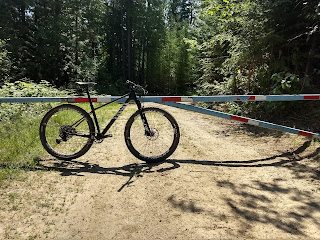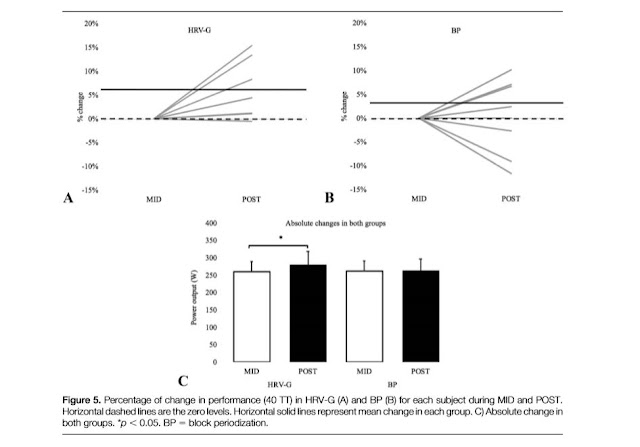Death March Revival ITT Ride Report

I don't know what got into me Last year my wife, Courtney, rode all three of Tennessee Gravel's individual time trial (ITT) routes. And she really enjoyed it. But I had very little interest in trying to ride these long, hard routes as fast as possible - all by myself. I saw Chad Hungerford set the fastest known time (FKT) on the Death March Revival (DMR) route last May at 7 hours 41 minutes and I thought, "that looks miserable." I had a hard time imagining putting forth a constant effort, suffering for 7+ hours over these rough roads and long climbs. That said, I did ride the DMR route last May - but I rode it with Courtney and a few friends. It was a long day out at a casual pace, completing the loop in about 11 hours. And that was really enjoyable. It wasn't super exciting - I might rather spend my time ripping down some singletrack, but it was a beautiful day through my favorite mountains. I had also ridden most of the route (excluding the Big Frog loop) with


